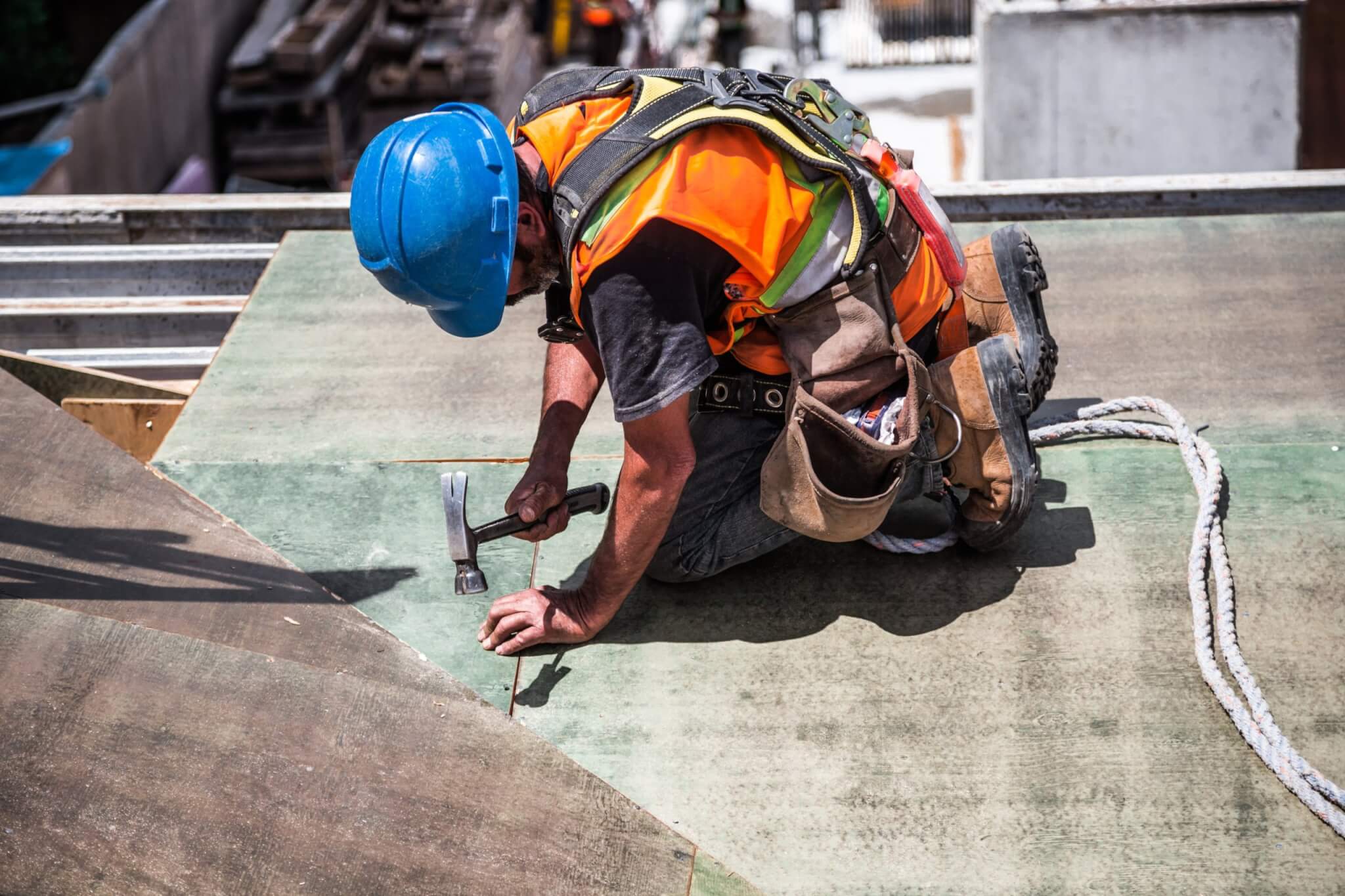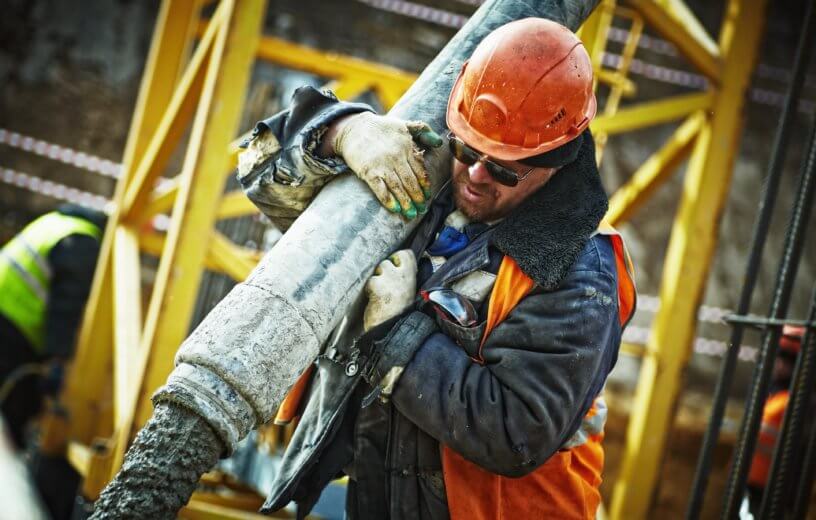OXFORD, United Kingdom — People who work with their hands may have more job security in 2023 than those who rely on technology. A leading expert in the field of artificial intelligence explains that those who engage in manual labor — including plumbers, construction workers, and carpenters — are likely safe from the expansion of AI. Unfortunately, many call center staffers could be unemployed as bots take over these jobs.
Professor Michael Wooldridge from the University of Oxford says anyone using “dexterity” for their job won’t be replaced by artificial intelligence. However, employees who perform duties like taking phone calls “should be concerned,” the director of foundational AI research at The Alan Turing Institute says.
His statements follow a boom in investment into AI-powered systems by major global tech companies such as Meta (formerly Facebook). Despite that, Prof. Wooldridge says the technology is far from capable of performing manual labor roles.
“Weirdly, for a lot of jobs which require manual dexterity, such as working as a plumber or carpenter, the technology is nowhere near ready to replace them,” Prof. Wooldridge says in an online video. “I wouldn’t be losing sleep if you are in manual jobs.”

Prof. Wooldridge adds that the “importance of people” in carrying out a lot of jobs has been underestimated by modern society, but AI could help public institutions like the National Health Service in the United Kingdom.
“There is an awful lot of jobs which really require human understanding and having a human there is really quite important. I’m not as pessimistic about AI and jobs as some of the press has indicated,” the professor continues.
“In Oxford, we have lots of people analyzing fetal scans and using AI to spot abnormalities on fetal ultra-sound scans. It is one example of the huge range of technologies which are going to make people’s lives better.”

However, Prof. Wooldridge did not hold back from warning that the new technology would be a “disruptive force.” He also says that those working in call centers should be concerned as these jobs are “easily automatable.”
“One class of jobs I would be worried about in the next decade would be call center operators. There are hundreds of thousands of people in the UK who are employed in call centers. If your job is to understand what people are telling you but you are more or less following a script that you’ve been given, then that kind of job is quite vulnerable.”
Are robots really driving workers to an early grave?
A 2022 study found a link between automation of U.S. manufacturing and an increased mortality rate among working-class adults. Automation is partially responsible for a decline in U.S. manufacturing jobs. Prior research has estimated a loss of 420,000 to 750,000 jobs during the 1990s and 2000s, most of which were manufacturing jobs.
The team tracked U.S. industries transitioning to automation between 1993 and 2007. Then, they overlapped these trends with U.S. death-certificate data over the same time period to estimate the mortality rate of working-age adults in those counties and how they died.
For every industrial robot per 1,000 workers, there were about eight more deaths per every 100,000 males between 45 to 54. There were also four additional deaths per 100,000 females in the same age group.
Is the ‘robot takeover’ really coming?
While Prof. Wooldridge and other researchers see jobs that will likely become strictly for robots, one recent study suggests that the rumors of humanity’s defeat at the hands of automation have been greatly exaggerated — at least for now.
BYU sociology professor Eric Dahlin reports that robots are indeed taking jobs from humans, but at a much lower rate than most assume. Researchers add that people are generally quick to severely exaggerate the rate of robot takeover.
More specifically, study authors found that only 14 percent of workers in their study have lost their job to a robot. However, these individuals are also more likely to overestimate the prevalence of robots taking jobs from other humans by about three times.
South West News Service writer Ed Halford contributed to this report.




